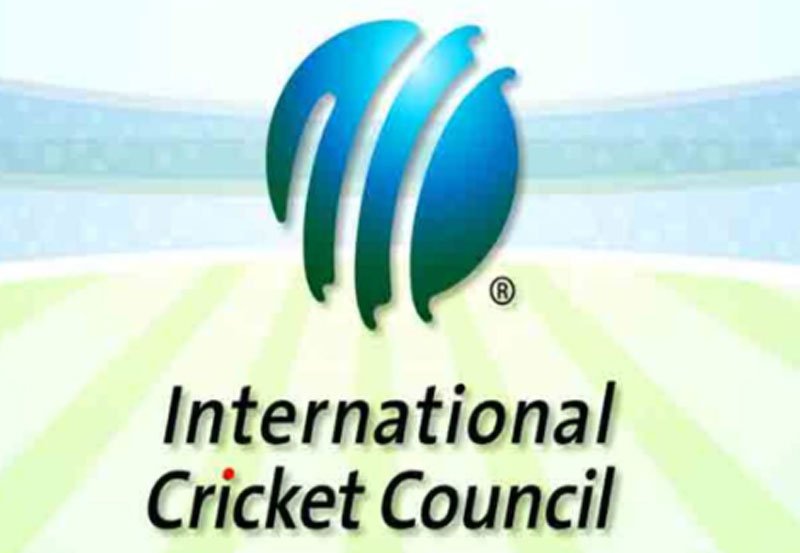
ICC Introduces Major Rule Changes Across Formats

Among the most impactful updates is the introduction of a stop clock in Test cricket to combat slow over rates. Fielding teams are now required to start a new over within 60 seconds of the previous over's completion.
Umpires will issue warnings for the first two violations, but any further delay will result in a five-run penalty awarded to the batting side. This measure, already implemented in the current WTC, is designed to maintain game momentum and reduce unnecessary delays.
Clarification on Saliva Rule
Though the ban on using saliva to shine the ball remains in place post-pandemic, the new amendment adds a layer of discretion. Umpires will now only penalize a team if saliva application results in visible alteration of the ball’s condition. In such cases, instead of replacing the ball, five penalty runs will be awarded to the batting team.
DRS and Combined Appeal Overhaul
The Decision Review System (DRS) has been updated for greater clarity. If a batter is given out caught and the review confirms there was no bat involved, a secondary dismissal mode (like LBW) will now be adjudicated. If ball-tracking returns an umpire's call, the batter will still be declared out, ensuring a more consistent interpretation of reviews.
In combined appeals (e.g., LBW and run-out), decisions will now be reviewed in the order they occurred, eliminating ambiguity and allowing only the second appeal if the first does not result in dismissal.
No-Ball and Catch Review Rule Refined
Under the new rule, even if a no-ball is called during a catch dismissal review, the fairness of the catch will still be examined. A clean catch will only yield the no-ball run to the batting side, while an unfair catch allows the batters to retain all runs completed before the catch was taken.
Stricter Measures on Deliberate Short Runs
In a move to discourage gamesmanship, the ICC has introduced tougher penalties for deliberate short runs. In addition to the standard five-run penalty, the fielding captain now has the option to choose which batter remains on strike—a strategic advantage to deter rule exploitation.
A Step Toward a Faster, Fairer Game
These sweeping changes reflect the ICC’s commitment to making cricket more engaging, transparent, and efficient. With enforcement beginning from July 2, players, coaches, and fans will be watching closely to see how the new rules influence tactics and outcomes across formats.


